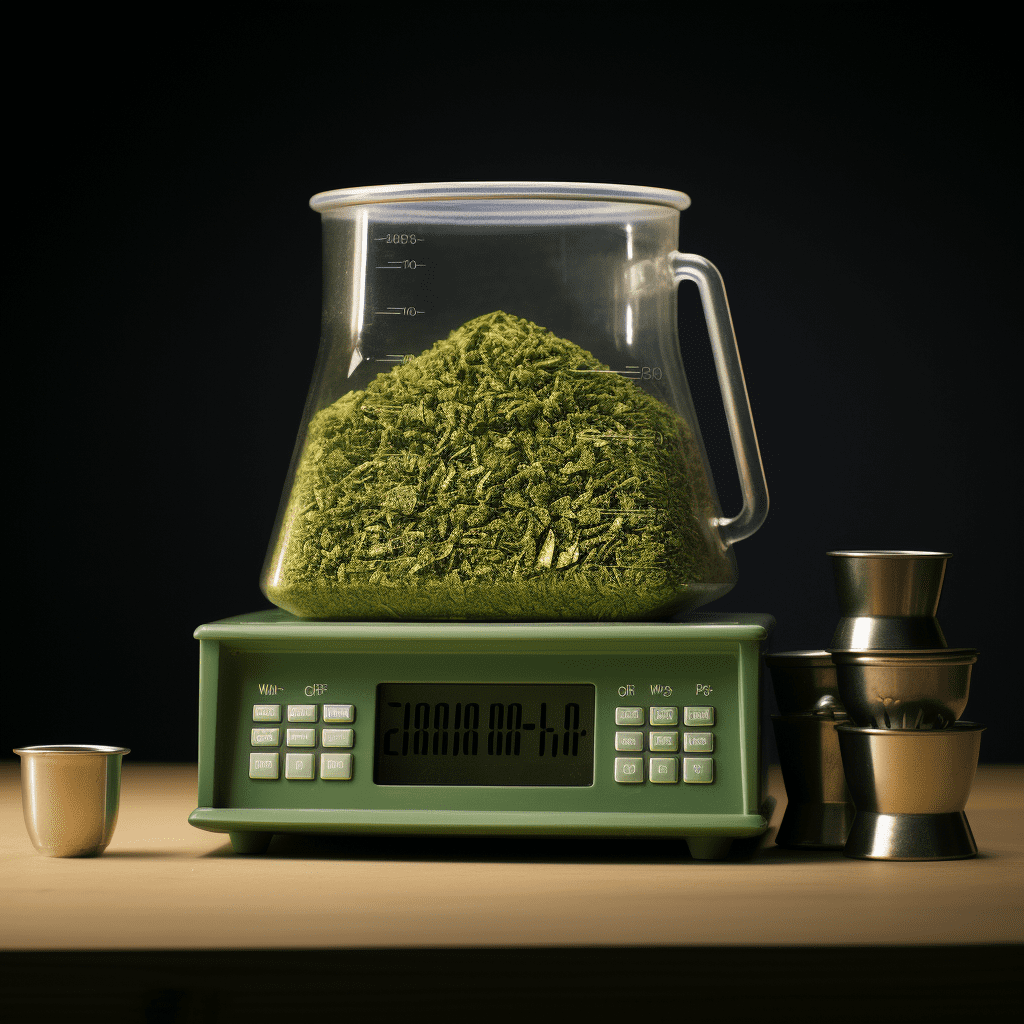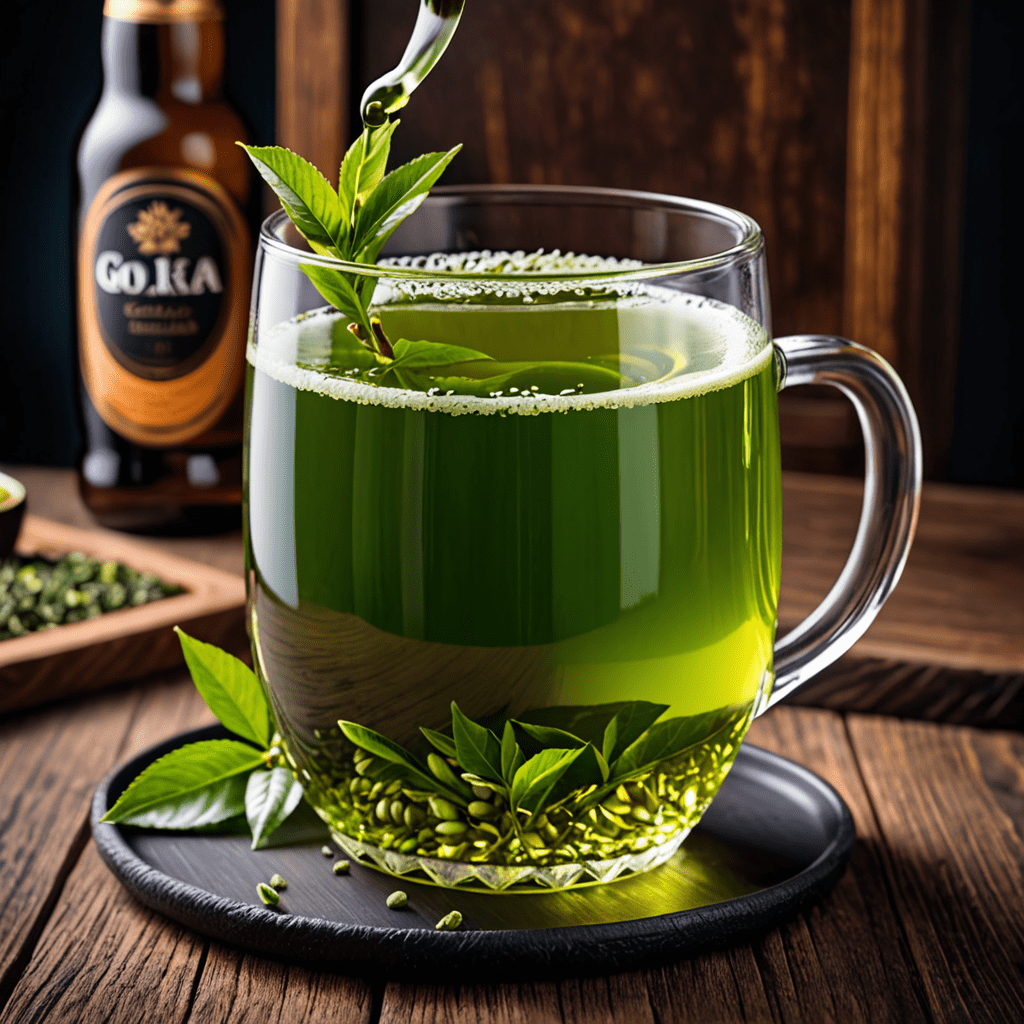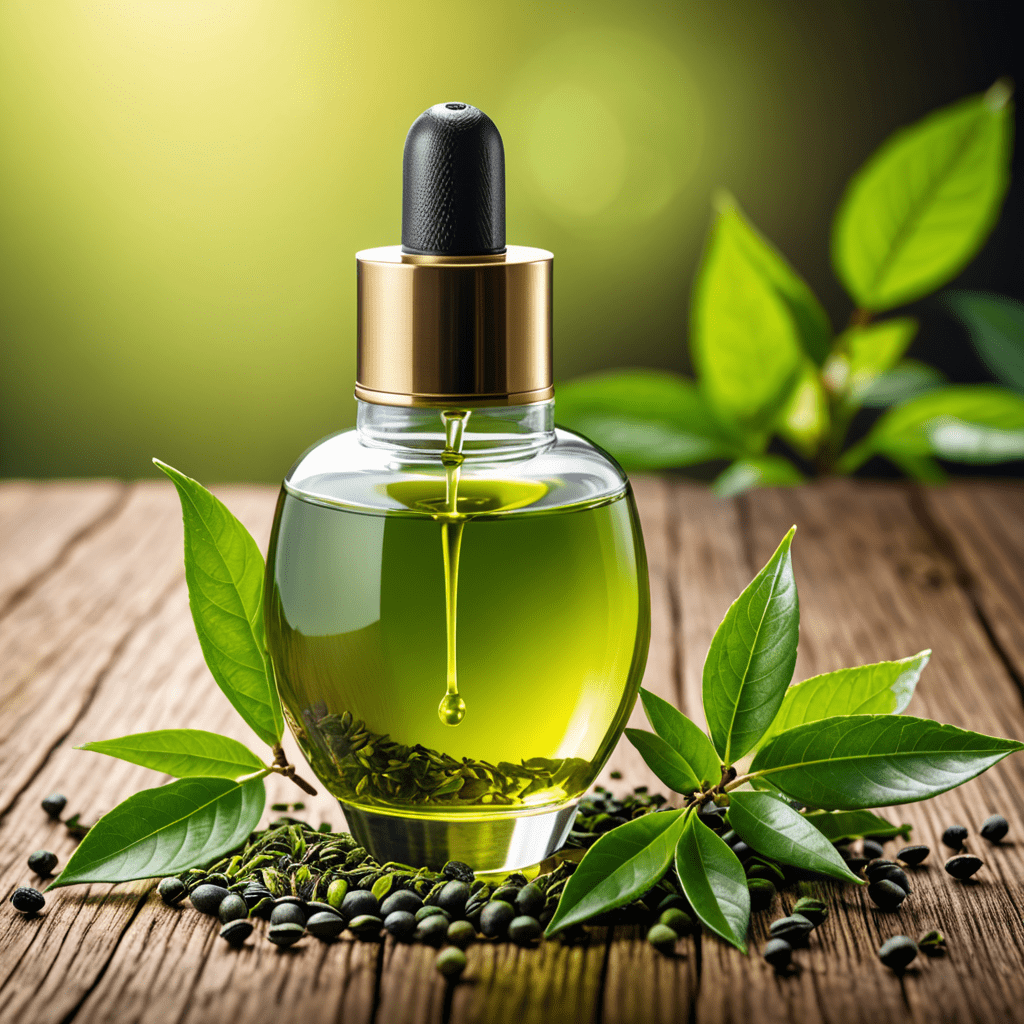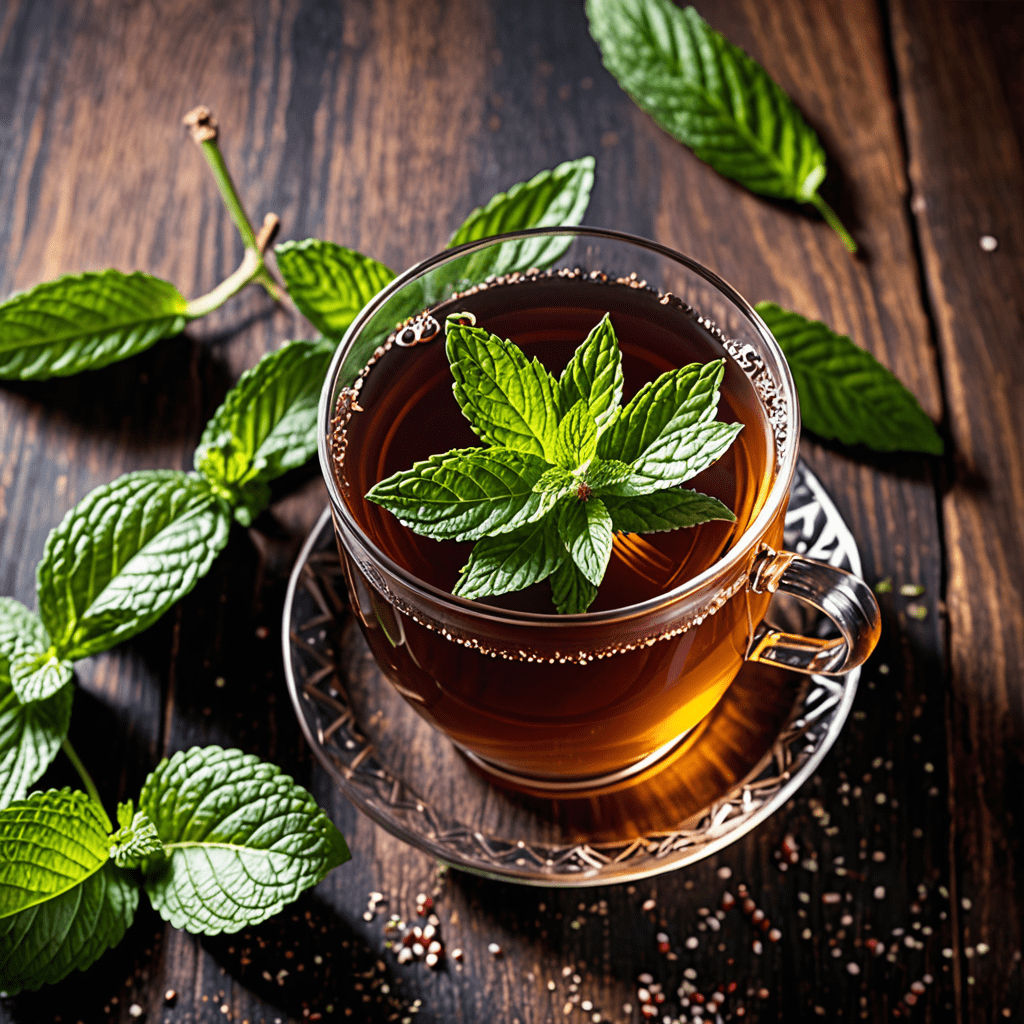
How much Caffeine is in Decaf Green Tea?
Green tea is well-known for its many health benefits, including its ability to provide a natural energy boost. However, some individuals prefer to consume decaffeinated green tea to avoid the stimulating effects of caffeine. But how much caffeine is actually in decaf green tea? In this article, we will explore the caffeine content in decaf green tea and provide valuable insights for tea enthusiasts.
Understanding Decaf Green Tea
Decaf green tea is derived from the same Camellia sinensis plant as regular green tea. The decaffeination process involves removing most of the caffeine content, while retaining the beneficial compounds found in green tea, such as antioxidants. The amount of caffeine present in decaf green tea can vary depending on the specific decaffeination method used and the brand of tea.
Factors Affecting Caffeine Content in Decaf Green Tea
Several factors can influence the caffeine content in decaf green tea, including:
- Decaffeination Method: Different decaffeination methods can result in varying caffeine levels in decaf green tea. Common methods include the carbon dioxide (CO2) method, solvent-based methods (such as ethyl acetate or methylene chloride), and water processing. These methods aim to reduce the caffeine content to varying degrees.
Tea Brand: Different tea brands may have slightly different caffeine levels in their decaf green tea products. This can be attributed to variations in the decaffeination process, tea sourcing, and production methods employed by each brand.
Tea Type: The specific type of green tea used to produce decaf green tea can impact its caffeine content. For example, some brands may use sencha leaves, while others may opt for matcha or gyokuro leaves. Each of these tea types can have a different natural caffeine content even before the decaffeination process.
Average Caffeine Content in Decaf Green Tea
The caffeine content in decaf green tea is significantly lower compared to regular green tea but is not completely absent. On average, a cup (240 ml) of decaf green tea contains approximately 2-5 milligrams of caffeine. This amount is about 97% lower compared to regular green tea, which typically contains around 30-50 milligrams of caffeine per cup.
It’s important to note that these values are approximate and can vary depending on the factors mentioned above. Therefore, if you are highly sensitive to caffeine or strictly caffeine-free, it’s advisable to check the specific caffeine content of the brand and product you are consuming.
Benefits of Decaf Green Tea
Decaf green tea offers many of the same health benefits as regular green tea, without the stimulating effects of caffeine. Some potential benefits include:
- Antioxidant Properties: Decaf green tea contains antioxidants that can help protect cells from damage caused by free radicals. These antioxidants, such as catechins and flavonoids, are believed to have various health benefits, including reducing the risk of chronic diseases.
Calming Effect: Decaf green tea still contains the amino acid L-theanine, which has a calming effect on the mind and can promote relaxation without causing drowsiness. This makes it an excellent choice for those looking to unwind or seeking a soothing beverage before bedtime.
Hydration: Staying hydrated is essential for overall health, and decaf green tea can contribute to your daily fluid intake without the diuretic effects commonly associated with caffeinated beverages.
Frequently Asked Questions (FAQ)
Q: Is decaf green tea completely caffeine-free?
A: While decaf green tea has significantly less caffeine compared to regular green tea, it is not completely caffeine-free. It still contains trace amounts of caffeine, typically ranging from 2-5 milligrams per cup.
Q: Can I drink decaf green tea in the evening without it affecting my sleep?
A: Decaf green tea is a great choice for an evening beverage as it contains minimal amounts of caffeine. However, individual sensitivities to caffeine can vary, so it’s best to listen to your body and adjust your consumption accordingly.
Q: How does the taste of decaf green tea compare to regular green tea?
A: Decaf green tea generally preserves the natural flavors and characteristics of regular green tea. However, taste preferences can vary among individuals, so it’s advisable to try different brands to find one that suits your palate.
Q: Is decaf green tea as healthy as regular green tea?
A: Decaf green tea contains many of the same beneficial compounds as regular green tea, such as antioxidants. However, the decaffeination process may result in a slight reduction in the overall antioxidant content. Nevertheless, decaf green tea still offers numerous health benefits and can be a healthy addition to your daily routine.
Q: Can I enjoy decaf green tea during pregnancy?
A: Pregnant women are often advised to limit their caffeine intake. Decaf green tea can be a suitable option for pregnant women as it contains significantly less caffeine than regular green tea. However, it’s always best to consult with your healthcare provider before making any dietary changes during pregnancy.
Q: How can I ensure I’m buying decaf green tea with a reputable caffeine level?
A: To ensure you’re purchasing decaf green tea with a reliable caffeine level, consider checking the product label or contacting the tea company directly. Reputable brands should provide information on their decaffeination process and caffeine content to assist consumers in making informed choices.
In conclusion, decaf green tea offers a lower caffeine alternative to regular green tea while still providing many of its potential health benefits. The caffeine content in decaf green tea can vary based on factors such as the decaffeination method, tea brand, and tea type. By understanding these factors and making informed choices, you can enjoy the goodness of green tea without the stimulating effects of caffeine.


